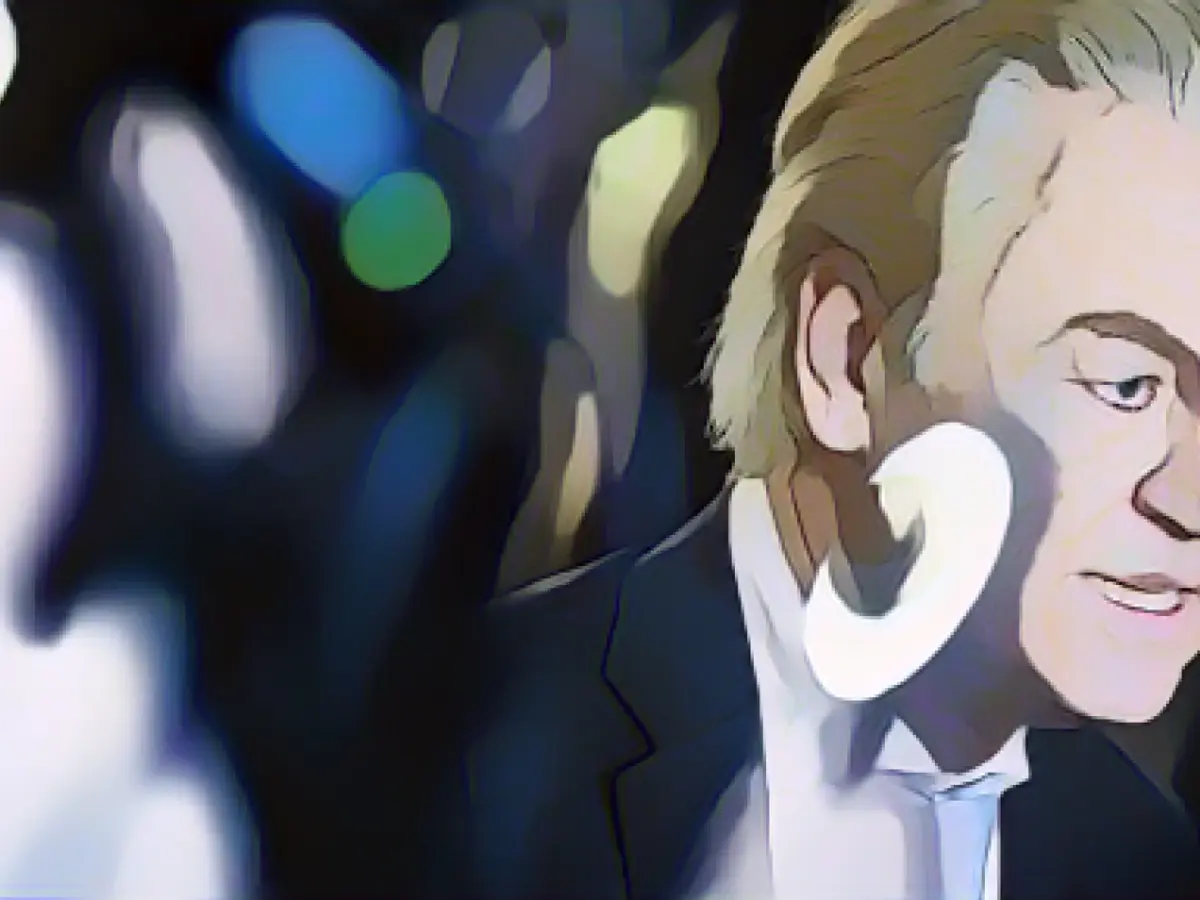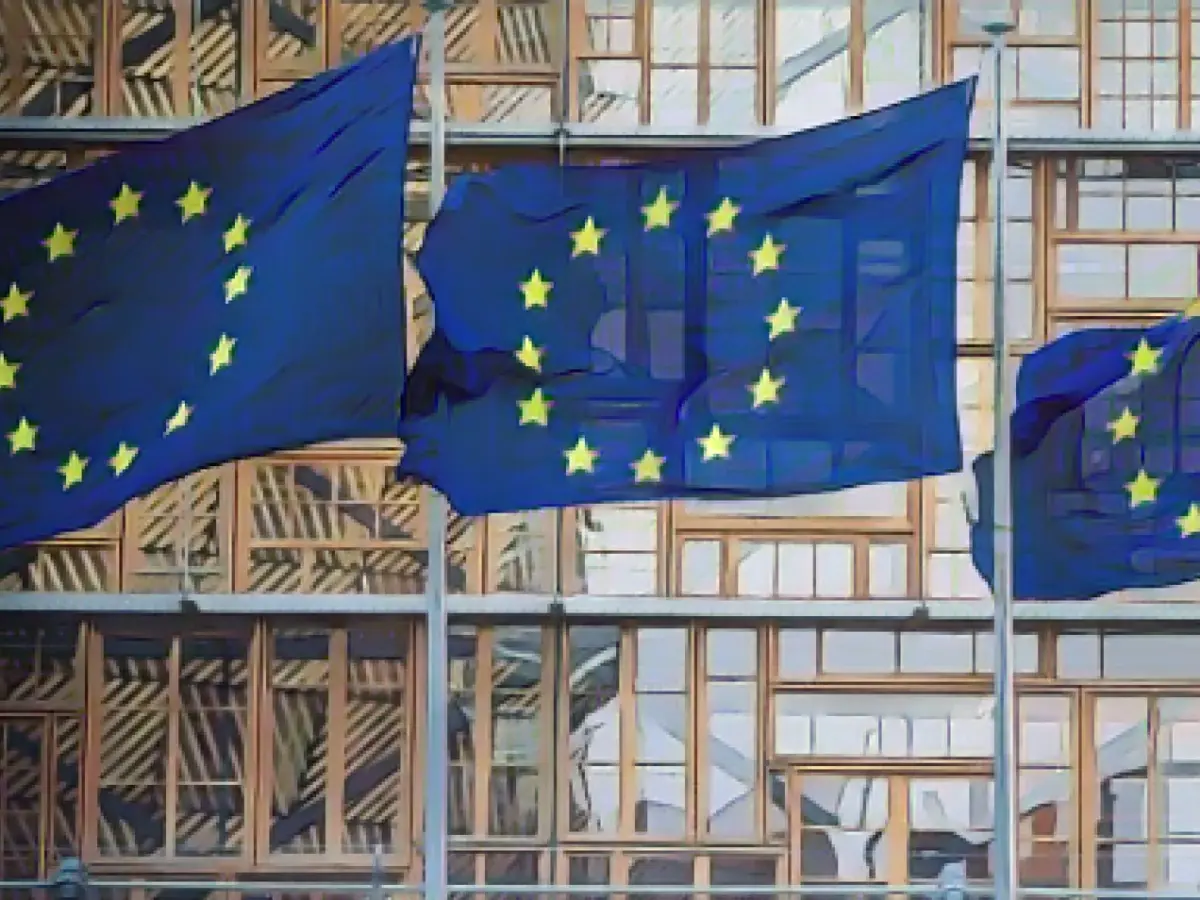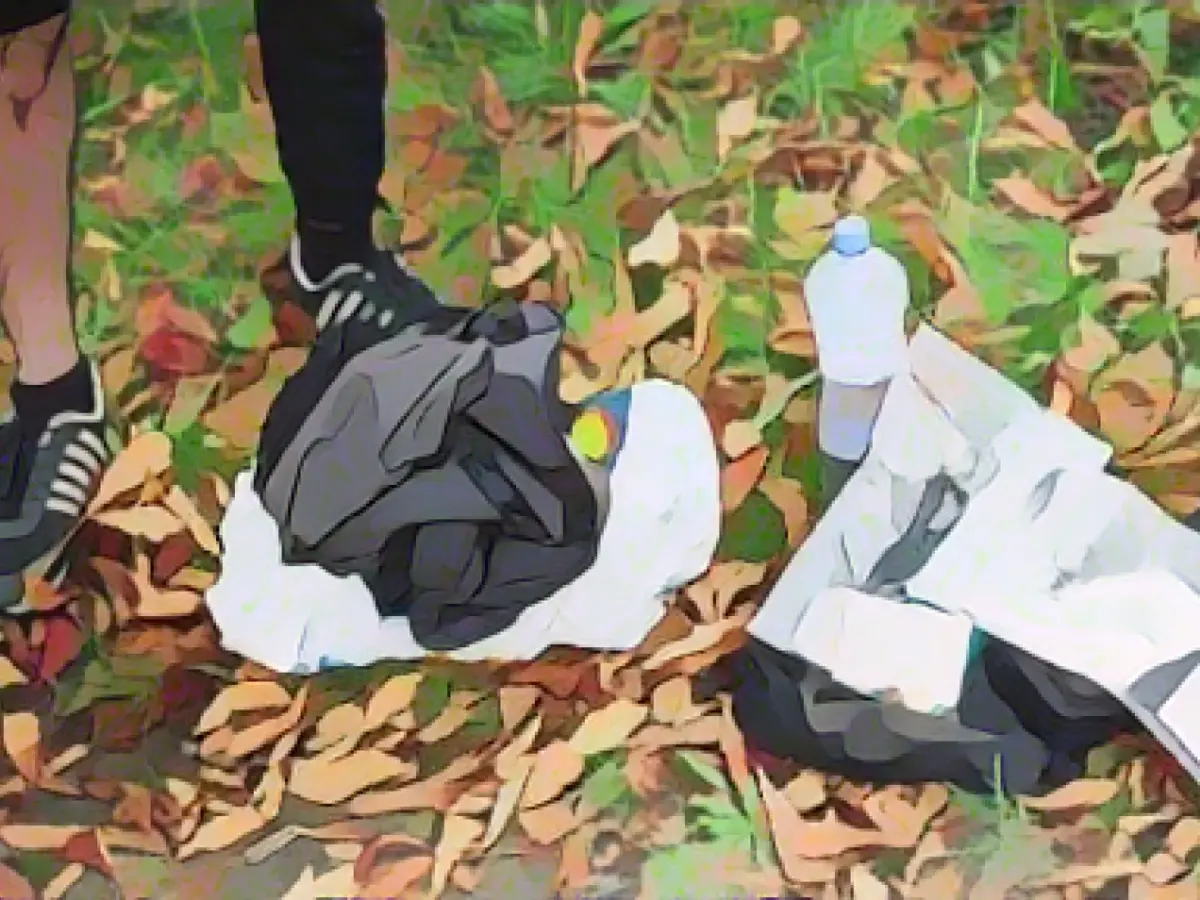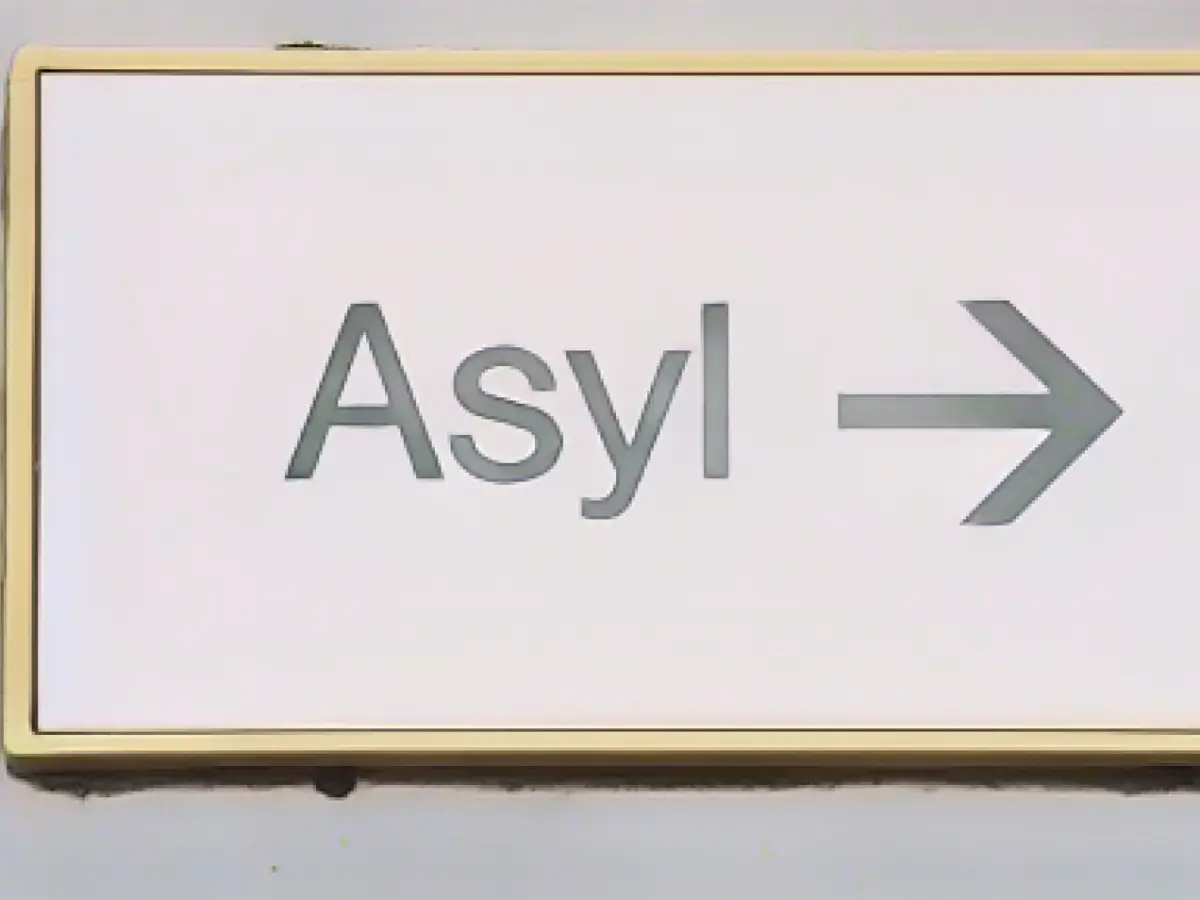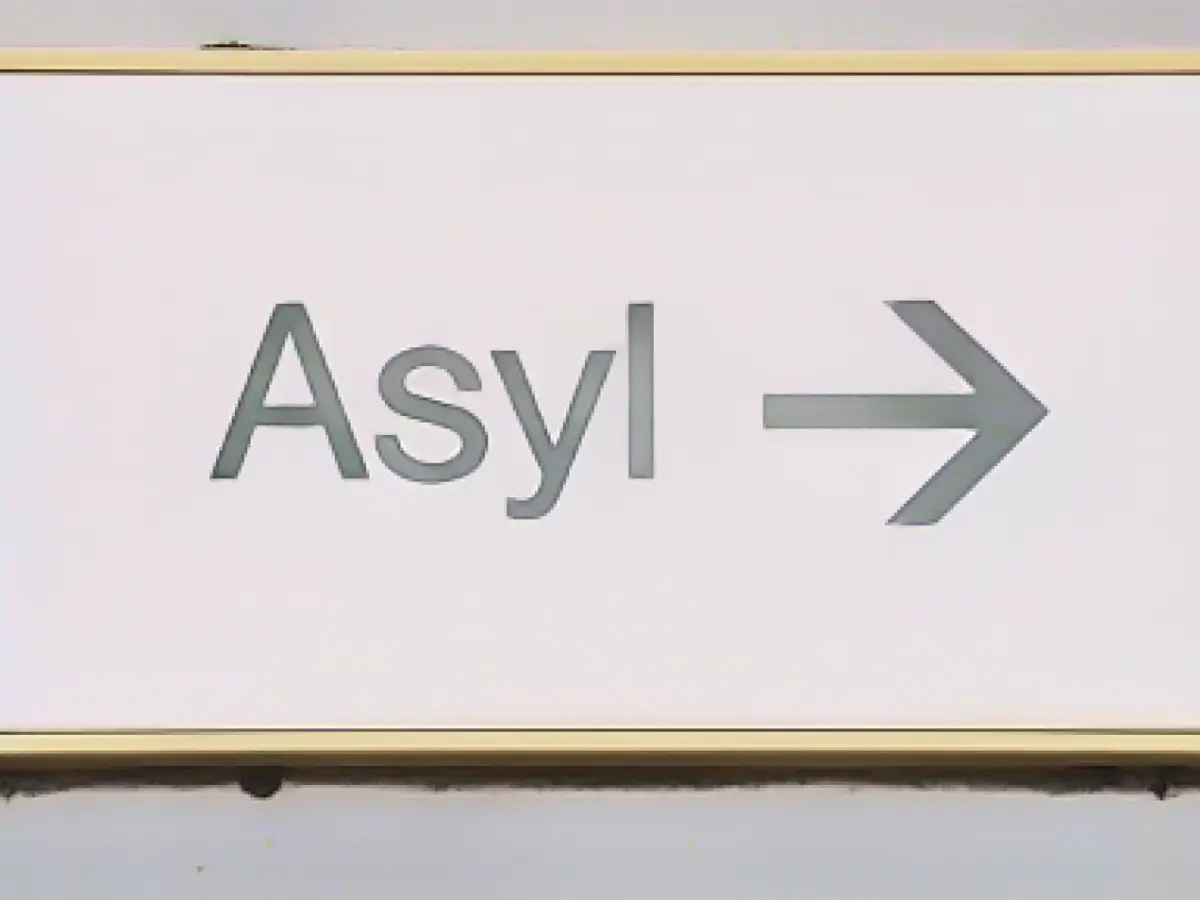Geert Wilders, the triumphant face of the Party for Freedom (PVV) from Venlo, is currently negotiating potential partnerships in The Hague after his resounding election victory, securing a commanding 37 seats in parliament. However, the swearing-in of parliamentary members has slowed the government formation process, with protracted talks leading to a snail's pace progress.
The government formation delay is causing frustration as the appointed exploratory panel anticipates releasing its report in the following week, extending the negotiation period.
Skepticism About Geert Wilders
Geert Wilders, a 60-year-old renowned for his controversial views, faces skepticism from many due to his far-right stance. With widespread doubts about his ability to form a government and questions about his true intentions, the government formation conversation remains stagnant.
Two Possible Paths: A Right-wing Alliance or a Minority Government
Two primary avenues for Wilders to govern emerge:
Option 1 - Governing Right-wing Alliance
Wilders suggests collaborating with the right-wing liberal VVD party, led by Dilan Yesilgöz, the outgoing Prime Minister's party. Joining forces with the newly formed center-right party New Social Contract (NSC) and the smaller right-wing populist Farmer Citizen Movement (BBB) would result in the most right-wing government in Dutch history.
However, implementing this coalition is challenging, as its demands may strain the budget, and the partners are reluctant to contribute to the national debt. Wilders' allies wish to reduce asylum seeker numbers and lower taxes, while also decreasing costs for shopping and health insurance.
The VVD is hesitant to commit to a right-wing alliance. Dilan Yesilgöz, the party leader, emphasizes the necessity for caution due to the substantial losses suffered during the elections.
Option 2 - Tolerating a Minority Government
The VVD leader might agree to tolerate a minority government led by Geert Wilders, representing a compromise between the PVV and the VVD. This political arrangement would allow the VVD to maintain some influence without becoming part of government.
Wilders views this as a setback but remains optimistic, insisting negotiations for the formation will be continued later. Opponents question the legitimacy of such a coalition, with the NSC demanding that Wilders abandon all party program points that violate the rule of law and constitution before negotiations.
Wilders has already made some concessions, such as shelving his controversial crusade against Islam. However, these changes are not sufficient for the NSC. They demand further guarantees and unwavering dedication to democratic principles, vowing to protect the rule of law, maintain EU membership, support climate protection, and aid for Ukraine.
The Ambiguous Peak of Wilders' Career
Navigating this political quagmire requires balancing the needs of Wilders' voters with the demands of his partners. Although Wilders has demonstrated a newfound pragmatism, by guaranteeing unity and promising to serve all Dutch citizens, his controversial rhetoric persists, straining relationships with potential partners.
The Charismatic, Yet Volatile Leader of the PVV
Stricken by trust issues, Wilders holds complete control over his parliamentary group, fearing dissent or party dissolution. If Wilders assumes the Prime Minister's position, his grip on the party may weaken, causing internal turmoil.
Unlikely Events: Fresh Elections or a Grand Coalition
Although fresh elections and a grand coalition remain unlikely, the political perplexity in The Hague remains captivating.
The Dutch government, potentially consisting of the PVV, VVD, NSC, and BBB, is discussing a draft law to tighten asylum regulations, sparking concerns from EU authorities. Geert Wilders has suggested invoking a nationwide state of emergency to pass stricter asylum measures without parliamentary approval, a proposal that has sparked opposition from other parties.
The Dutch Council of State has criticized the proposed asylum law changes, stating they lack depth and coherence and are unlikely to reduce asylum applications. With opposing ideologies, forming a coalition and establishing a government poses significant challenges.
